Wang Yongzhi, a renowned figure in China's space program and a leading mind behind the country's manned spaceflight endeavors, passed away on Tuesday at the age of 91.
Born in 1932 to a farming family in Liaoning province, Wang's journey to scientific prominence was marked by both hardship and exceptional talent. He became the first in his family to attend school, displaying a natural aptitude for learning despite disruptions caused by war and financial difficulties.
Wang's academic achievements led him to Tsinghua University in 1952, where he initially focused on combat aircraft design. However, his trajectory shifted in 1955 when he was selected for further studies in the Soviet Union. Originally slated for aircraft design, Wang readily embraced the switch to rocket and missile technology upon learning about what was in need in China.
Returning to China in 1961, Wang embarked on a distinguished career at the Ministry of National Defense's Fifth Academy (now the China Academy of Launch Vehicle Technology). He played a pivotal role in the development of six ballistic missiles, including the DF-2 — China's first domestically produced ballistic missile — and the DF-5, a cornerstone of the nation's strategic deterrence. Notably, Wang served as the deputy chief designer of the DF-5.
Wang's expertise extended beyond ballistic missiles. He also participated in the design of two carrier rocket models, laying the groundwork for China's future spacefaring ambitions.
Wang's leadership qualities were recognized in 1978 when he was appointed head of the general design department at the China Academy of Launch Vehicle Technology. He rose to become the academy's president in 1986, overseeing the development of new rockets and missiles.
Wang's legacy is further cemented by his contributions to China's manned space program. In 1992, he was named the first chief planner of Project 921, marking the official launch of China's human spaceflight endeavors.
For the next 15 years, Wang spearheaded the planning and execution of China's manned space program. Under his guidance, China achieved its historic first crewed space mission, established a robust research and manufacturing infrastructure for manned spaceflight, and fostered a generation of skilled aerospace engineers. Wang's dedication to this national endeavor was recognized with the nation's highest science and technology award in 2003.
Wang retired in 2007, leaving behind a rich legacy that has propelled China to the forefront of space exploration.















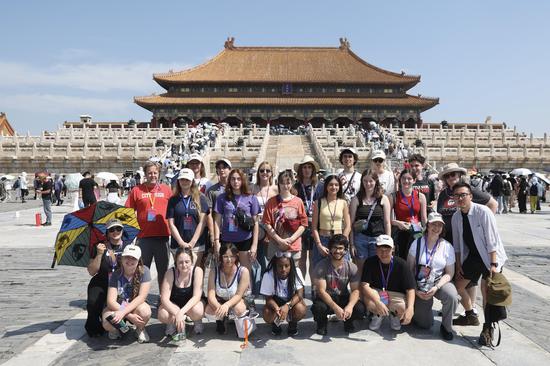
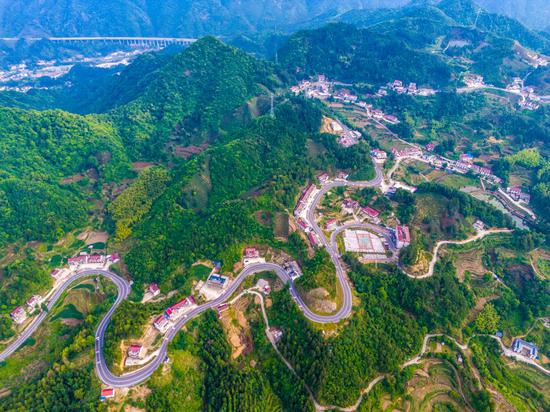






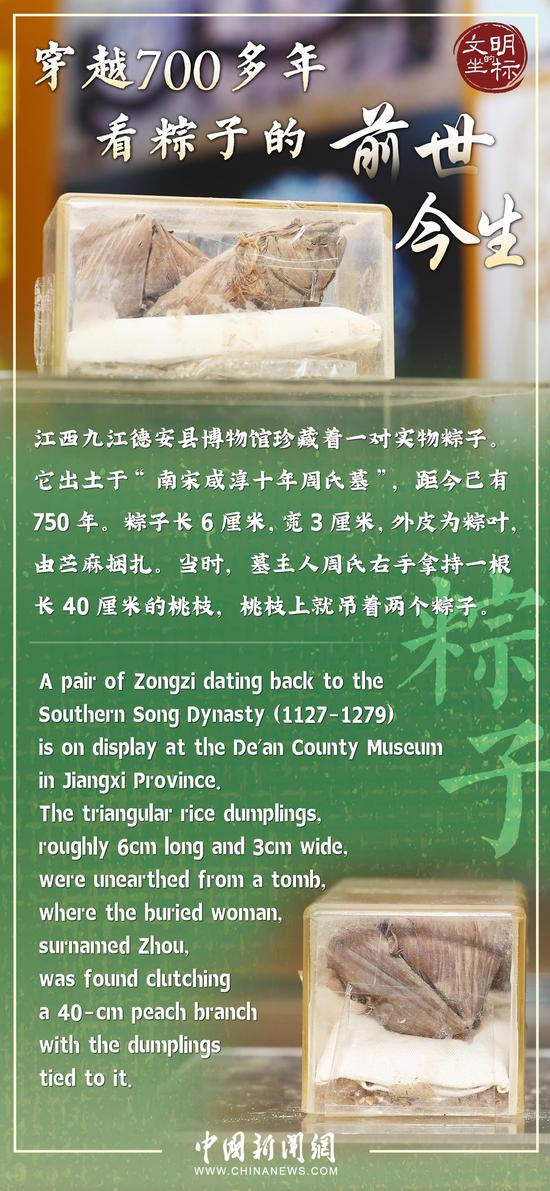

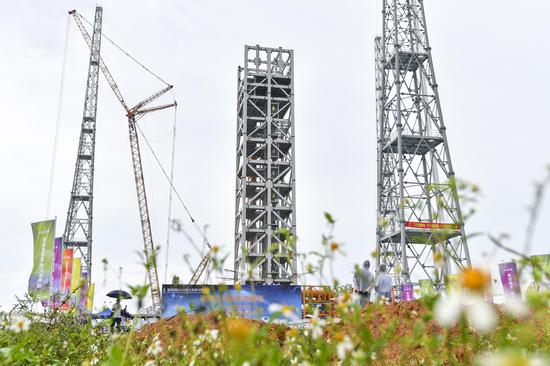


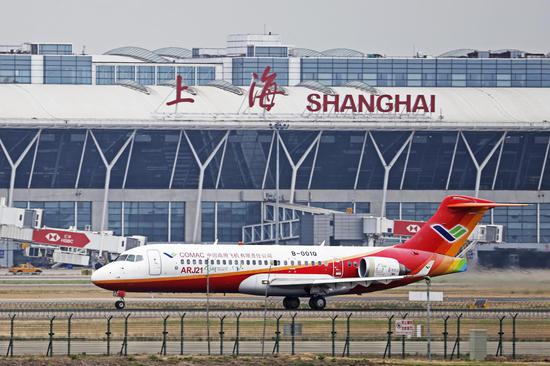



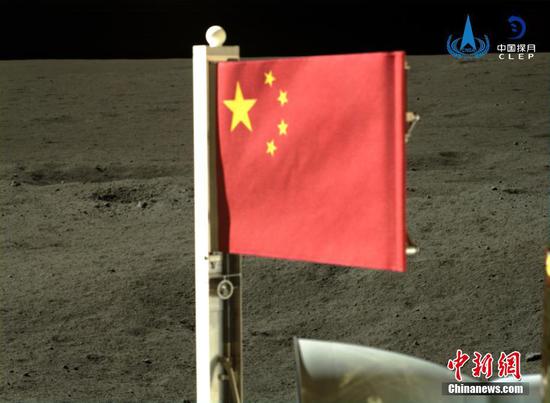

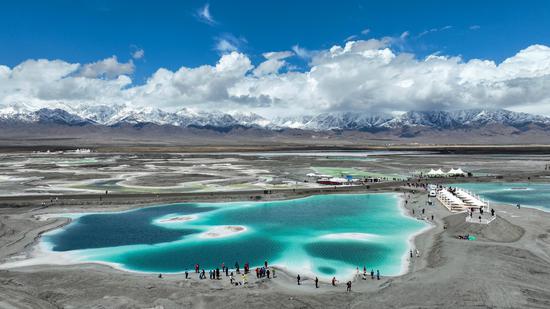
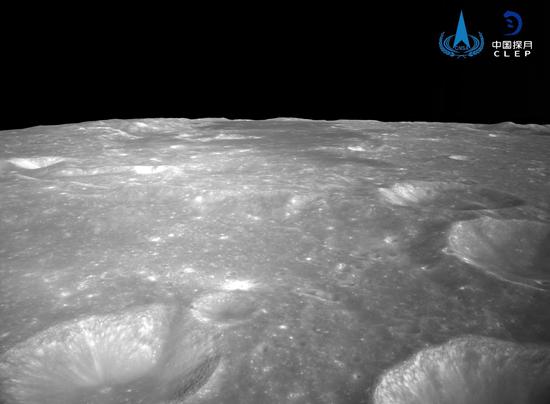
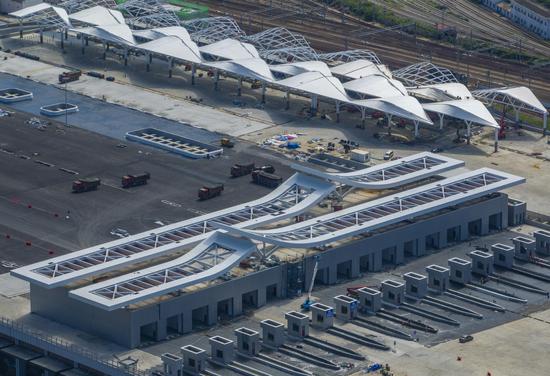
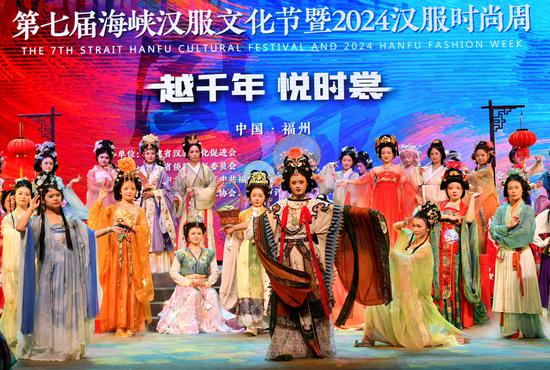
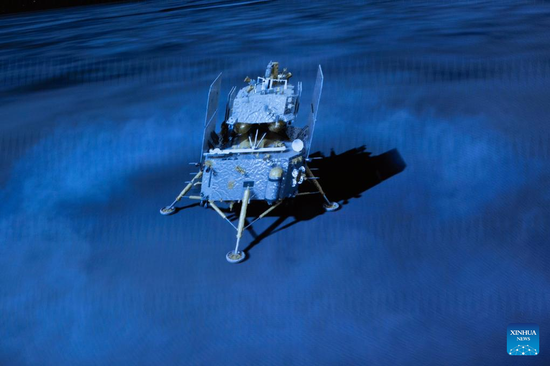
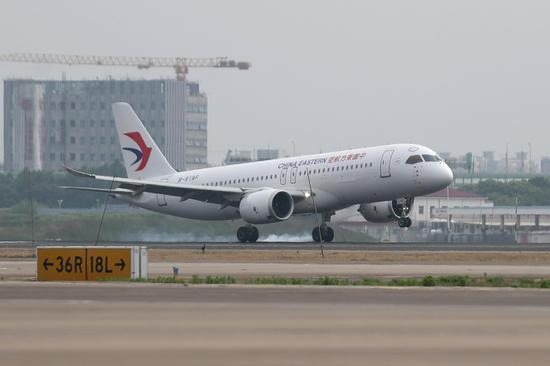

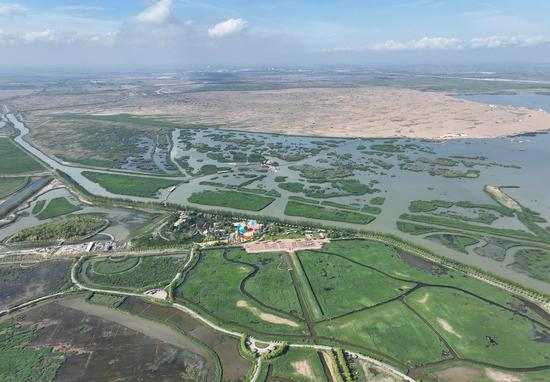
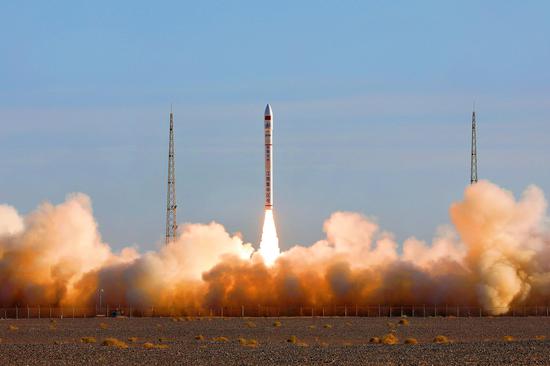
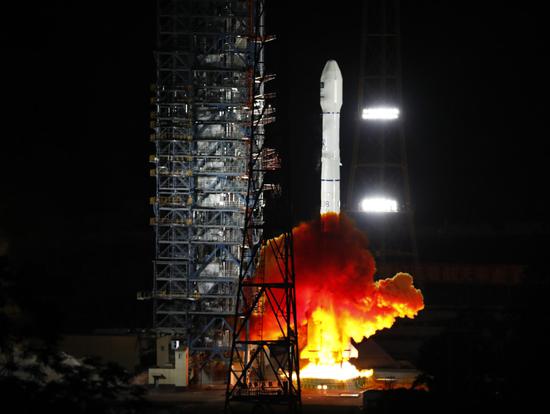
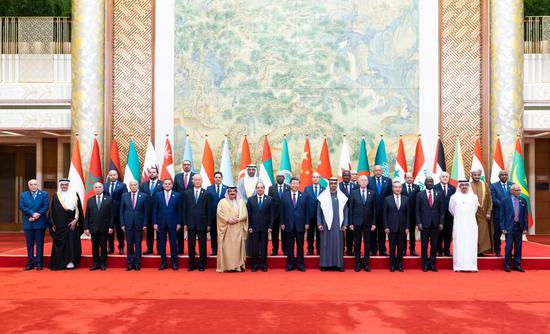





 京公网安备 11010202009201号
京公网安备 11010202009201号